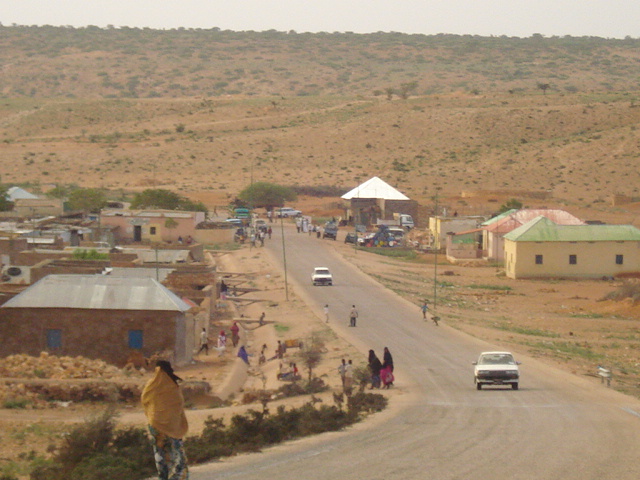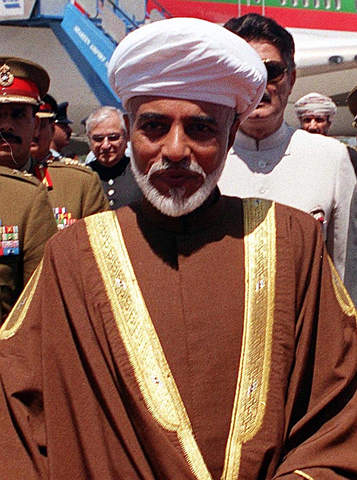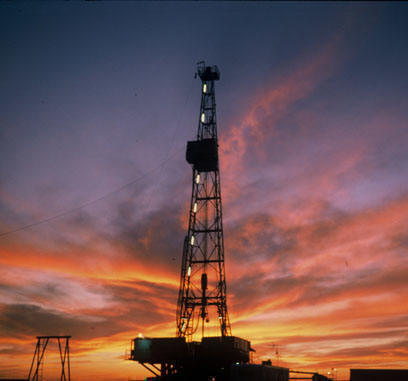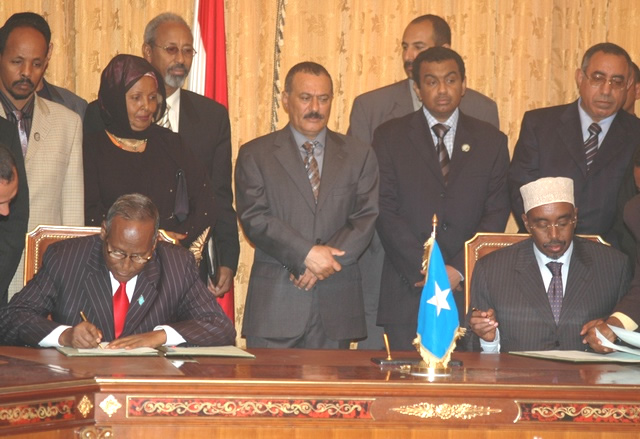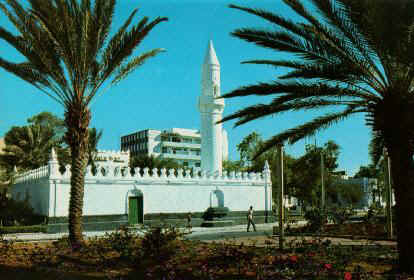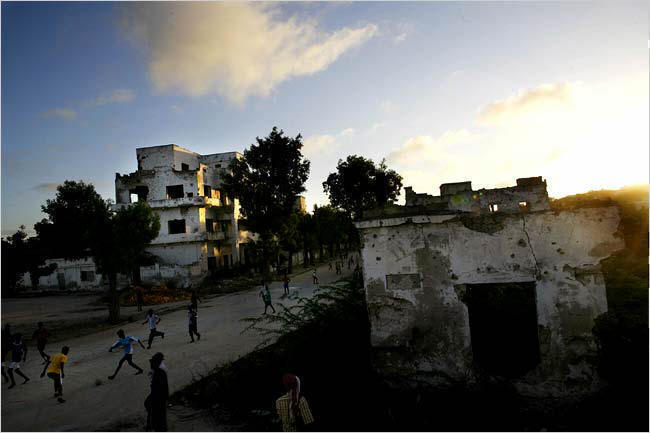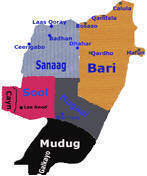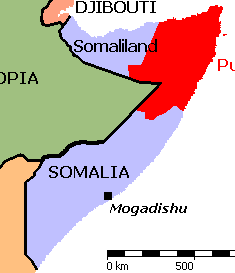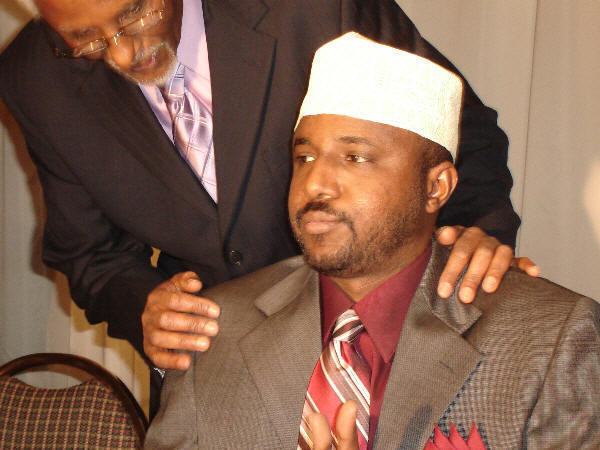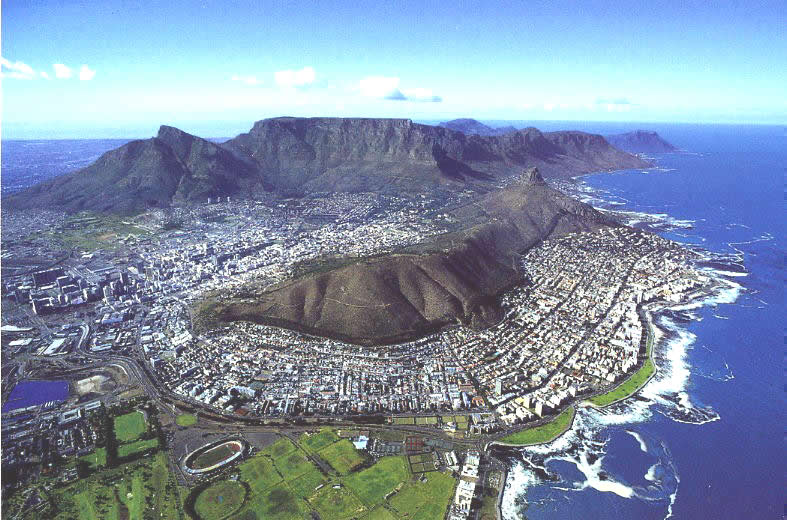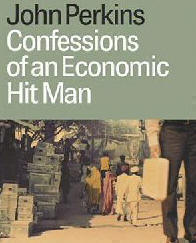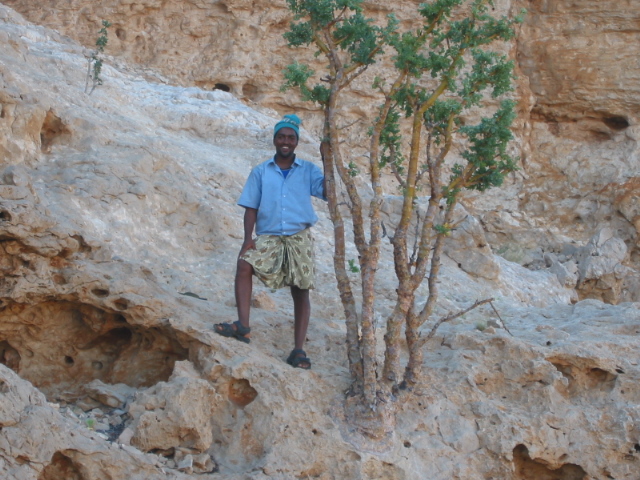|
Part III
Dilemma on the Horn of Africa
Africa Confidential, No. 11, pg.5-7
May 26, 1967
_2.JPG)
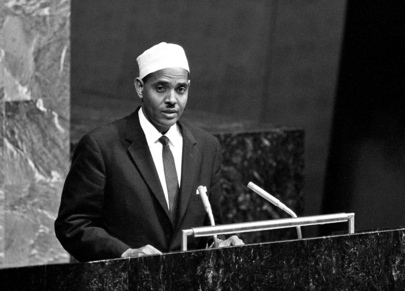
Abdirazak Haji Hussein, Prime Minister of the Somali Republic, addressing the Assembly. October 18, 1966. United Nations, New York.
Some of the heat seems to have gone out of the fire in the Horn of Africa. But too many nations are involved for the quiet to be anything more than temporary. The Somali are minority constituents in Ethiopia, Kenya and French Somaliland, while they also have their own state in the Somali Republic. Also involved in the area`s problems are the United Arab Republic and Saudi Arabia, interlocked in the struggle for Middle-East leadership. Nor must it be forgotten that Aden is just across the entrance to the Red Sea from Djibouti.
Our correspondent, recently back from Somalia, writes:
Somali ambitions are well known, On the country`s flag there is a five-point star�two points for the united British and Italian Somalilands, one for the Somali in Kenya, one for those in Ethiopia and one for French Somaliland (now about to change its name to either the French Territory of the Afar People, or the French Territory of the Afar and the Issa People). The reaction on the outside countries of the desire to unite the Somali people is important.
KENYA: The dispute between Somalia and Kenya, which, during the days of the Kenyan �majimbo� (regionalist) constitution, was a major cause in delaying independence, is really dominated by Ethiopia. The Kenyan indigenous administration had no experience of the Somali in its North Eastern Province until a year or two after Kenya`s independence (December 1963), when Kenyans replaced British administrative officers. But the close liaison between Ethiopian government officials in Addis Ababa and Kenyan officials was established six months or so before Kenya`s independence, including a secret mutual defence agreement which was only produced officially after Kenya`s independence.
Ethiopia`s experience of �administering� hostile Somali nomads dates from the withdrawal of the British military administration from the Ogaden in 1948. With more than a decade of this experience behind her, together with the invaluable experience of very able Somali-speaking Amhara administrators, Ethiopian advice as to how to deal with the Somali was eagerly sought by the Kenyan government. Ethiopia was (and still is) only too willing to offer advice, and at one time it was seriously suggested that Ethiopian officers should assist with the administration and military control of Kenya`s North Eastern Province.
Ethiopia`s concern, of course, is to ensure that the Kenyan government does not yield to the Somali demand that the right of Somali self-determination should be accepted, with the probable result of a cession of territory to Somalia. The actual cession of this desertland, which is nothing but an economic liability, is not really the point at issue: it is the principle that, once a former colony has secured its political independence, there is no further right to self-determination, least of all by one of many minority communities. This principle is enshrined in the OAU Charter. Hence Ethiopia`s acute sensitivity to developments in Kenya`s North Eastern Province and her primary interest in maintaining more than just cordial relations with Kenya.
ETHIOPIA: The dispute with Somalia is not as straightforward as that of Kenya. Ethiopia`s South Eastern boundary with the Republic carries no international recognition. It was delineated by the British military administration on its withdrawal from Somalia in 1950. In 1935 this ill-defined boundary was used by Italy to provoke hostilities with Ethiopia, leading to the Italian Abyssinian war. In short, no one knows within ioo miles or so the precise location of the legal boundaries agreed between Italy and King Menelik in 1897 (the maps on which this agreement was recorded have been lost by both sides). Other legal agreements over the years have been inconclusive, but since Somalia`s independence they have become largely irrelevant, since the Republic maintains that the boundary should be drawn according to the wishes of the Somali inhabitants.
Naturally Ethiopia will not accept this principle. Such a precedent could lead to the disintegration of the Empire, with the numerically superior Galla endeavouring to assert their political rights, and Muslim Eritreans wishing to secede. Although the �provisional boundary� dividing Somalia from Ethiopia may only be of academic interest, its �provisional� nature validates the Somali contention that a territorial dispute exists between the Republic and Ethiopia.
FRENCH SOMALILAND: The two ethnic groups in this territory, the Afar and the Somali, both spill over into Ethiopia, and the former extend into Eritrea. Both groups represent disaffected minority elements in Ethiopia and Eritrea; and if French Somaliland were to become another independent base for subversive activities, Ethiopian government resources would become sorely strained to contain the trouble�apart from the stranglehold that would be placed on Ethiopia`s railway link to the toast.
France has been lauded by Ethiopia and by the majority of francophone Africans, to say nothing of Western- European powers, for ensuring that a probable clash of arms over the territory between Ethiopia and the Somali Republic was averted. This may have been a wise step, but it only arose because of the previous decision to hold an unnecessary referendum in the first place. An election for a new Territorial Assembly, after a more advanced constitution had been approved, was all that was necessary. As it is, most of the Somali (although a 40 per cent minority on the electoral rolls) feel that they have been deprived of their independence�an emotional grievance with an inflammable content. Eighty per cent of the population of Djibouti (as opposed to its registered voters) are Somali, and almost the entire semi-skilled labour force of the capital, its port and railroad, is dependent, one way or another, on the Somali.
UAR: The Egyptians play an equivocal part in Somali affairs. They do not like the current regime (it is too neutral in Arab affairs), and they fervently dislike the President, Adan Abdulla Osman, following his recent visit to Saudi Arabia where, in spite of advance warnings from Cairo, he persisted in supporting an anti-Egyptian Muslim leaders` conference. Yet Egypt provides a massive cultural programme for the Republic, mostly of teachers. It also educates large numbers of Somali students. But Egyptian popularity has declined in the Republic (partly since she has failed over the years to meet debts incurred from the import of Somali livestock). This endemic foreign exchange problem in the UAR may have influenced the decision to provide plastic mines, instead of cash, to the Somali Republic for the use of the �National Liberation Front� in Kenya`s North Eastern Province.
But the Egyptian decision last week to cease further supplies of weapons to the Republic, following representations by the Kenya Government, could be deliberately aimed at influencing the Presidential election, due early in June. Pro-Egyptian supporters favour the election of Abdirashid Sharmarkay, Osman`s sole competitor. The loss of Egyptian military support as a result of choosing the wrong leader might have some effect on members of Parliament (they will elect the new President). The result, n any event, is still unpredictable. A close finish is anticipated.
OTHER FOREIGN INFLUENCES: Apart from the plastic mines, there is no evidence of any other foreign influence behind Somali terrorist activities in Kenya`s North Eastern Province. There are no foreign advisers or executives in the Somali ministries responsible for handling the border issue�Foreign Affairs, the Prime Minister`s office, and Somali Affairs. The execution of policy and planning is entirely in the hands of the appropriate Somali officials. The principal coordinator is Abdisirat Khalif a former member of Kenya legislature for Wajir who lost his seat for supporting Oginga Odinga. (Hence the present emphasis on Kenya, towards which the policy is to cause it the maximum trouble and expense�nearly �5m. a year�until it undertakes to negotiate with the Somali government.)
Attempts have been made to discover the unseen hand of the Soviet Union in the disturbance before and after the referendum of March i in French Somaliland. Somali officials claim it has never existed. (The Soviet Government declined to give permission to Somali and African students in Moscow to demonstrate outside the French Embassy. A minor demonstration in fact took place but without Soviet authority. When asked why the Soviet press and radio gave minimal space to the French Somaliland issue, a senior Soviet official replied that President de Gaulle was a friend of the Soviet Union.) Soviet military assistance to the Republic is substantial, given in fulfillment of undertakings made in 1963. But it is doubtful whether the Soviet Union today would have concluded such an agreement.
There seem to be no immediate Somalian plans for changing current costly policy. Naturally the Republic stands to lose the sympathy of aid-giving countries�except Italy, which continues to be the most dominating outside influence in Mogadishu. The Government thinks that it has the full support of Somali living outside the country. And while it holds this opinion, there is no reason why its policy should change.
The New Somali Government
Africa Confidential, No. 15, pg.5
July 21, 1967
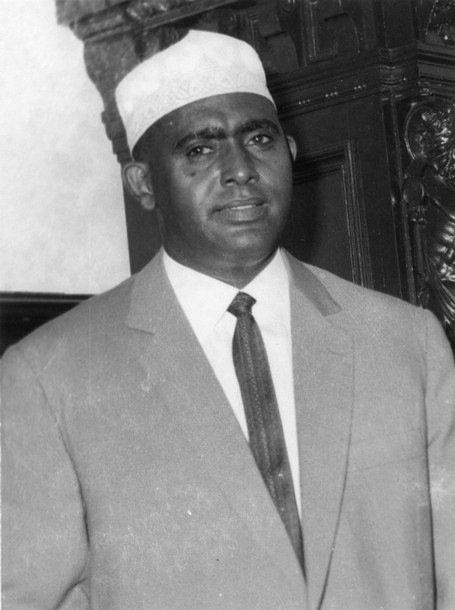
Somali Prime Minister Abdurashid Ali Shermarke poses 26 June 1960 in Mogadishu Somalia.
Ever since the new President of the Somali Republic, Dr. Abdirashid Au Sharmarke, was elected on June io to succeed Mr. Adan Abdalla Osman, it was widely known that Mr. Mohamea` Ibrahim Egal would be nominated Prime Minister and asked to form a new government.
Mr. Egal was Prime Minister of the former British Somaliland for 10 days before the country merged with Somalia on July 7, 1960, to form the Somali Republic. He then became successively Minister of Defence and Minister of Education, but resigned from the government of Premier Abdirashid in 1962. Since then he has been out of office, and assumed the role of opposition leader following the general election of 1964 when Mr. Abdirizak Haji Hussein became Prime Minister.
Mr. Egal`s new government, announced on July 15, has 30 days in which to declare its policy and seek an open vote of confidence in Parliament. The selection of individuals as cabinet ministers is directly related to the support that each can muster�the Government must secure at least 62 votes out of the house of 123 members. The number of ministers of Cabinet rank has been increased from 13 to 18, with every main ethnic group represented. Only 3 ministers formed part of the previous Abdirizak administration. For the first time the Prime Minister has also taken on the portfolio of Foreign Minister.
The Cabinet as a whole does not appear to have any pronounced alignment with any foreign power, but it is perhaps significant that Mr. Egal was one of the few members of Parliament in 1963 who abstained when a vote was taken breaking off diplomatic relations with Britain. If he fails to achieve his vote of confidence, he is expected to be nominated again and asked to form a government in a second attempt. If that fails, Mr. Abdillah Issa, the Minister of Commerce and Industry in the previous government and Prime Minister of Somalia under U.N. Trusteeship from 1957-60, is tipped as the next choice. Who ever succeeds in forming a new government, all eyes will inevitably be focused on the next general election in 18 months` time, for today`s Prime Minister is unlikely to be given a second term of office, a compromise position as it usually is.
One thing that is certain is the continuation of the confrontation with Kenya and Ethiopia. This is such a fundamental belief in Somali politics that no politician would either care or want to dilute the stand. It could be that Mr. Egal will end up with 105 deputies on his side and only 18 in opposition: all of them believe in an extended Somalia.
Read: Part I, Part II, Part IV, Part V
Compiled by:
Roobdoon Forum
Toronto, Canada
Related Articles:
Somali Independence Week Series � Part I
Somali Independence Week Series � Part II

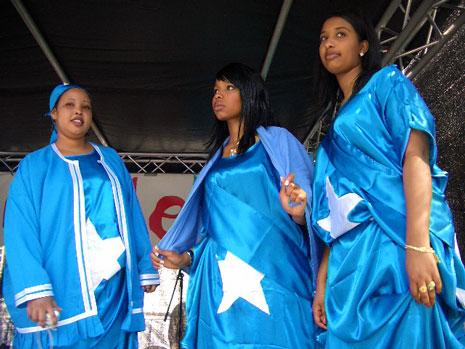
|





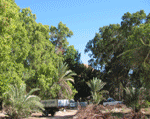
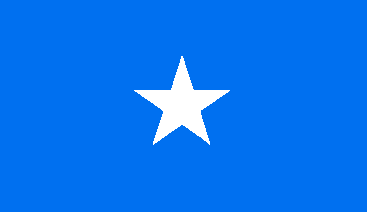
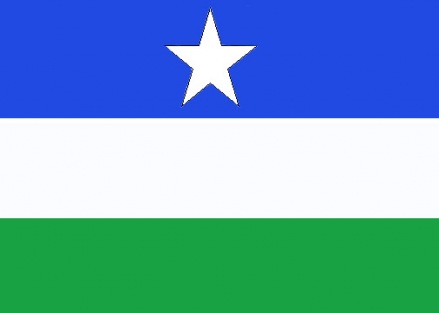
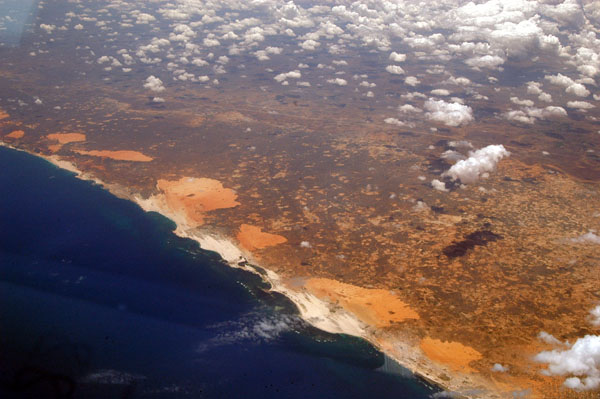
.jpg)
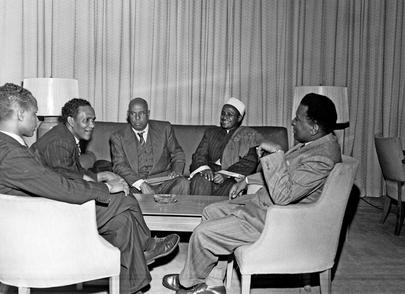
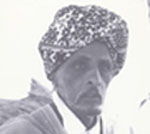


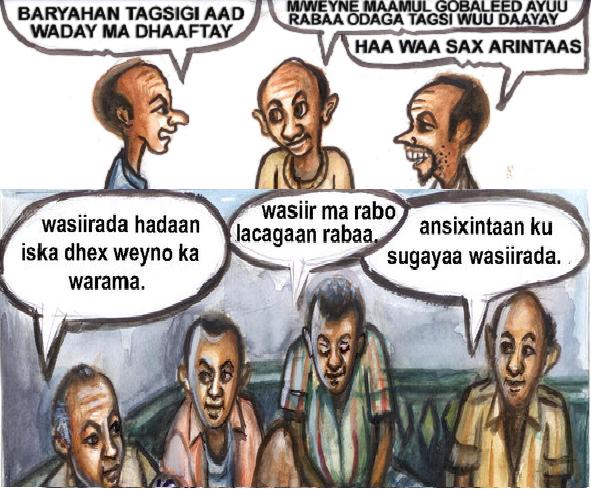
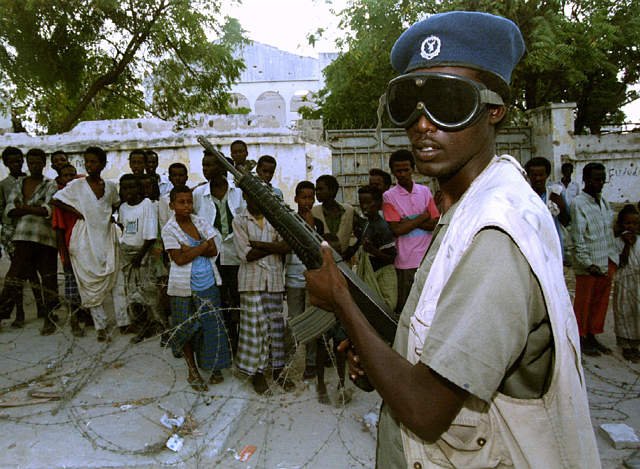


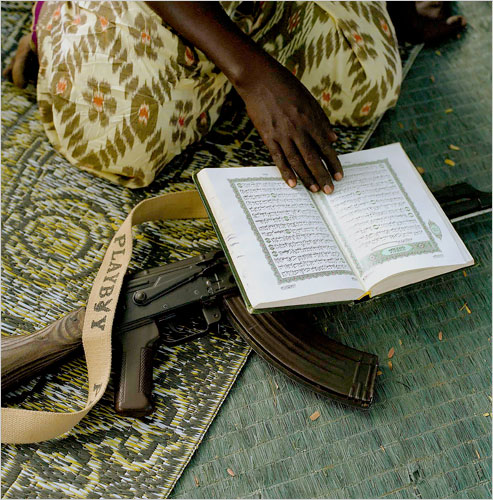

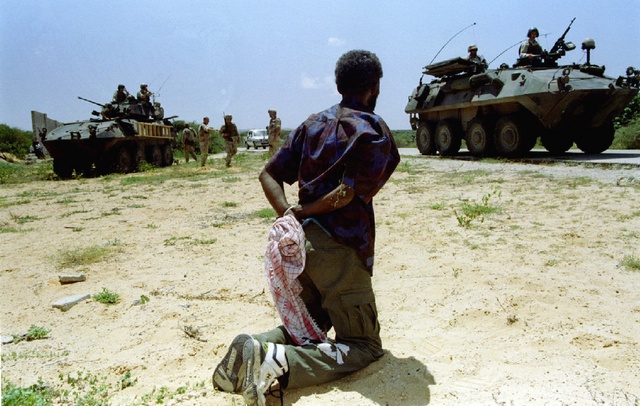
.jpg)




